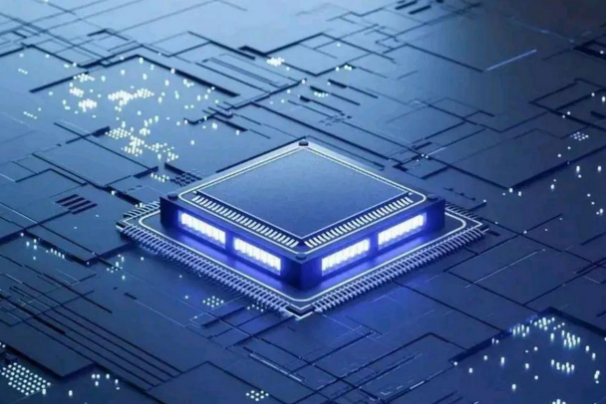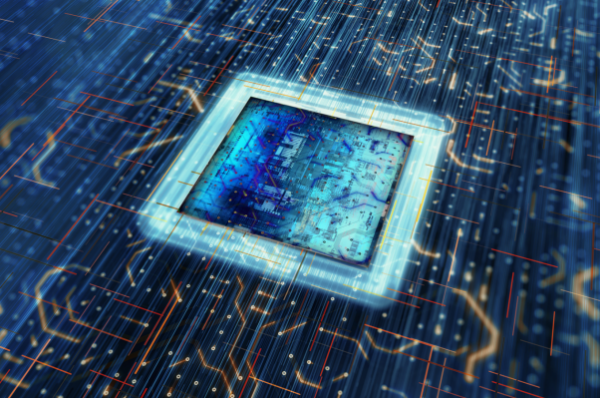Quantum Chips: The Superpower of the Future
Can you imagine a chip that can perform multiple tasks at the same time or even finish everything in an instant? It might sound like something out of a science fiction novel, but the magic of quantum chips lies precisely in this ability to "do many things simultaneously". Let’s dive into the world of quantum chips and see how they break conventions to become the superheroes of future technology.

If we compare the switches of home appliances to the way traditional chips work, it’s like a simple black-and-white world—either the light is on (representing “1”) or off (representing “0”). Clear and straightforward. But now, let’s leap into the fascinating and complex quantum world to explore the magic box that is the quantum chip. Here, switches are no longer limited to black or white; instead, they gain the ability to perform magic. Not only can they say, “I am 1”, or “I am 0”, but they can also say, “I am both 1 and 0”.
It’s like having a superpower that allows you to attend two different parties at the same time. At one, you’re savoring a delicious cake, its sweetness blossoming on your tongue. At the other, you’re holding a steaming cup of coffee, its aroma filling the air and warmth spreading through your heart. You don’t need to finish the cake and then rush to the next venue for coffee; instead, you enjoy both simultaneously. This is the incredible parallel processing capability quantum chips bring to us.
This phenomenon is called “superposition”. The power of quantum chips lies in their ability to use this superposition to process information, greatly boosting computational speed and processing power. Think of traditional chips as a car on a highway that can only drive on one lane at a time, while quantum chips are like a car that can drive on multiple lanes simultaneously. A regular car has to choose one lane at a time, but a quantum car can utilize several lanes at once, leading to an explosive increase in efficiency.

For example, imagine you have a complex computational task. A traditional chip might take days to complete it, but a quantum chip could finish the job in just hours or even minutes. It’s the ultimate “speed battle”, transforming what used to be a long wait into a lightning-fast experience.
Now, let’s not jump straight to imagining quantum chips as the next supercomputers. Instead, consider the practical “good deeds” they can accomplish. For instance, they could accelerate drug development in medical research or assist in ultra-complex risk assessments in the financial sector. Even more astonishingly, quantum chips could be applied to areas like weather forecasting or traffic management—fields that might seem far removed from advanced technology—helping us make predictions and decisions more efficiently.
Although quantum chips are like superheroes straight out of a sci-fi movie, with incredible and dazzling abilities, they also have a frustrating weakness. Imagine crafting a delicate and exquisite cake, perfect in every detail, only for it to collapse at the slightest breeze, turning into a mess in an instant. This is the challenge quantum chips face—an extreme sensitivity to external interference, a phenomenon known as “quantum decoherence”.

Picture yourself carefully carrying that precious cake, afraid of even the slightest bump or vibration, because any disturbance could ruin its perfection and turn it to dust. Similarly, quantum chips require a meticulously controlled environment to function correctly.
This is why researchers today are like brave guardians whose mission is to ensure that this “quantum cake” remains stable and safe. They are working tirelessly to find ways to shield quantum chips from external disturbances, creating a robust “safe haven” where these chips can unleash their full superpowers.
(Writer:Matti)

